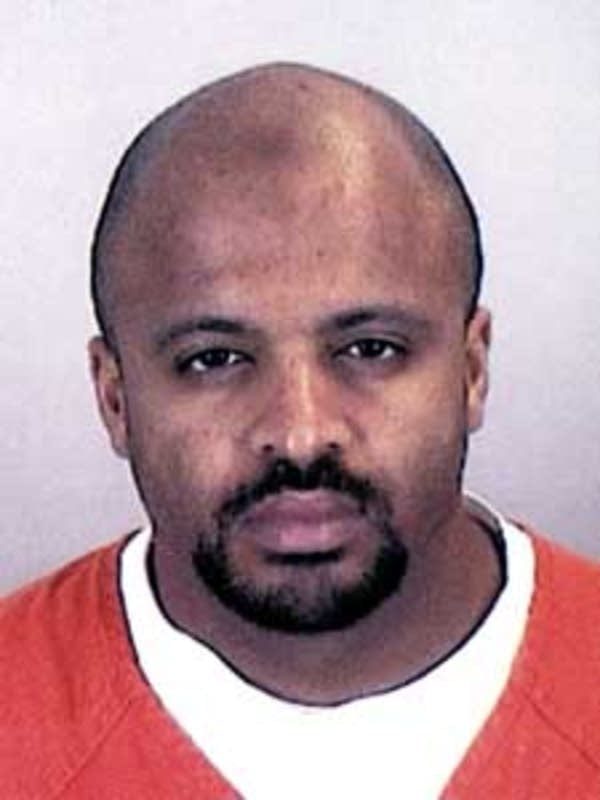Minnesota reacts to Moussaoui life in prison verdict
Go Deeper.
Create an account or log in to save stories.
Like this?
Thanks for liking this story! We have added it to a list of your favorite stories.

About a month before the September 11 attacks, Zacarias Moussaoui contacted an Eagan flight school about wanting to learn how to fly. Unlike most students, Moussaoui paid for the course with about $7,000 in cash. The instructors at the Pan Am flight school also grew suspicious because Moussaoui had little flying ability and wanted to start on flying jets. Those instructors first alerted the FBI to Moussaoui. A Pan Am spokesperson, Judy Blas says the school had faith in the trial process, jury, and feels justice has been served.
"We're just glad that he was held accountable and he's one less person that we have to worry about being a threat to our country and to our people," said Blas.

FBI agents arrested Moussaoui on August 15, 2001. Within days, the French Intelligence Service confirmed that the man authorities were holding in the Sherburne County jail had terrorist connections to Osama Bin Laden. But despite attempts by the Minneapolis FBI to obtain a warrant to search his computer, FBI agent Coleen Rowley said FBI headquarters in Washington D.C. threw up roadblocks. Sherburne County Sheriff Bruce Anderson declined comment on the verdict but Colleen Rowley did respond to the verdict.
She said she's pleased for two reasons: one, that Moussaoui will have to live out his life in a prison cell rather than as he had wished, becoming a martyr at the hands of the U.S. government. Second, Rowley says some criminals do eventually give up information. Rowley, who is running for congress, says it's a long shot, but it is possible that Moussaoui could be helpful one day.
Turn Up Your Support
MPR News helps you turn down the noise and build shared understanding. Turn up your support for this public resource and keep trusted journalism accessible to all.
"Having worked organized crime in New York City and in other cases like that, it's critical to get intelligence from the enemy in a way. And I think that there actually is some hope that eventually they could maybe even get some further information from Moussaoui," says Rowley.

Tom Heffelfinger was the U.S. Attorney in Minneapolis at the time of the Moussaoui apprehension and is now in private practice. Heffelfinger says it was right for government prosecutors to seek the death penalty for Moussaoui but he says this case shows each case is judged on its own merits. Heffelfinger says he's not surprised the jury came back with life in prison rather than the death penalty.
"Although there's no doubt he's Al Qaeda and that he's a terrorist and that he intends to harm the United States, his behavior was so bizarre that the jury could have been reasonably confused about what his role was. And in that context, I'm not surprised they didn't give him the death penalty," Heffelfinger says.
The jury deliberated for seven days before issuing its life sentence for Moussaoui.
Dear reader,
Political debates with family or friends can get heated. But what if there was a way to handle them better?
You can learn how to have civil political conversations with our new e-book!
Download our free e-book, Talking Sense: Have Hard Political Conversations, Better, and learn how to talk without the tension.





